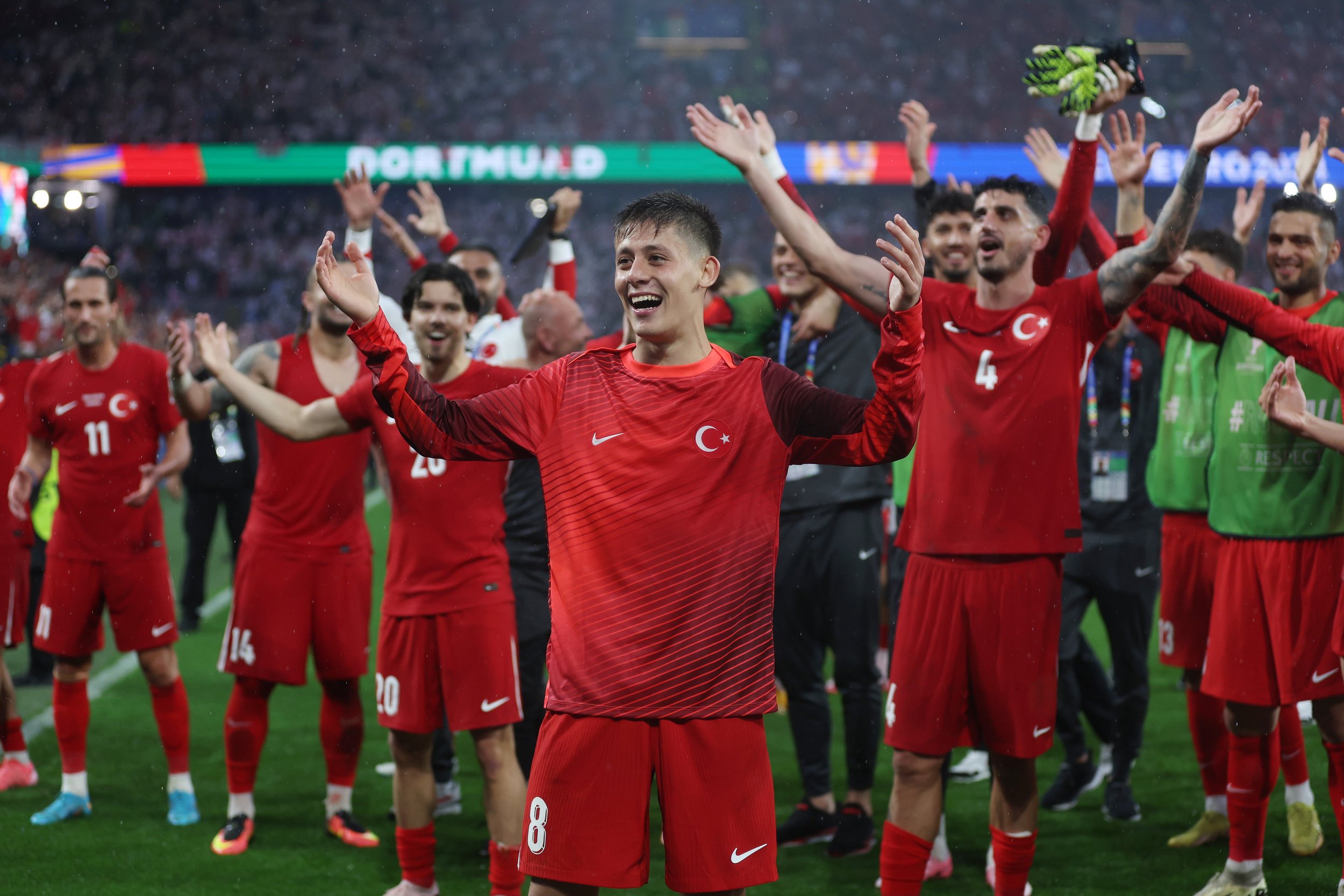How Euro 2024 is Bringing the Joy of Football Back
Have you noticed something while watching the Champions League recently?
Take a look at the quarter-finalists over the last few years, and a trend quickly becomes apparent.
As someone with geographical knowledge mainly derived from football, the Champions League used to be magical. Teams from Greece, Portugal, Turkey, Holland, France, and more used to regularly reach the latter stages. Famous Scottish cathedrals Celtic Park and Ibrox bore witness to many a miraculous victory, roared on by spectators who now give nostalgic testimony. Croatian and Ukrainian teams would always give teams away days filled with dread.
In 2001/02, Panathinaikos beat Barcelona 1-0 in the first leg of their Champions League quarter-final, overcoming overwhelming odds like the legends of old. While they did eventually lose the tie, the thought of a result like this today would garner a laugh or two over mezze and Greek coffee.
Results like Panathinaikos beating Barcelona 1-0 in a 2002 Champions League quarter-final feel like a lifetime ago
In the days of positional play, FFP and multi-club football groups, it’s becoming a herculean task for clubs outside the established elite to keep their heads above water and compete. This year it took one of the most incredible domestic seasons of all time from Bayer Leverkusen to stop Bayern Munich winning their 11th Bundesliga title in a row, while Man City have just won their 6th Premier League title in 7 seasons. Nothing underlines the continued dominance of a select few more than Real Madrid’s scarcely believable 15th Champions League triumph.
However, if the start of this summer painted a bleak picture of the direction football is heading, Euro 2024 has at least been a balmy break to bring relief from the unrelenting storm. A refreshing contrast from the predictability of domestic and European competition, chaos has reigned supreme.
Long-range goals are back. Mistakes are back. Underdogs are back.
The atmosphere in the game between Georgia and Turkey was incredible, contested between the host nation’s second most popular team and a country competing in their very first Euro finals. Volleys from outside the box, screamers and keepers trying to score last-minute equalisers set the tone.
Kvaratskhelia’s left-footed strike to open the scoring vs Portugal was a deserved reward for Georgia’s aggressive, front-foot approach throughout the tournament.
Turkey celebrate victory in their opening match vs Georgia, with the team enjoying a host-like atmosphere in Germany, due to the longstanding history of migration between Germany and Turkey
Austria topping a group with France and the Netherlands would have been unthinkable before the beginning of the competition, and yet here is a well-coached, well-drilled, and well-liked team upsetting the odds, putting to bed the notion that national teams can’t be coached to play with the cohesion of club teams. That Ralf Rangnick should be the coach speaks volumes about his ball knowledge. Sweet vindication, indeed.
Albania gave strong showings in possibly the hardest group in the group stage, in what is only their second ever finals. Ukraine has become the first team to ever be eliminated with 4 (!!) points, while Romania produced one of the iconic moments in their history to overcome them in the first game. Switzerland have shown Gareth Southgate what a compact team which defends well and can pass through the thirds actually looks like, and Slovenia have qualified from the group stage for the first time in their history.
Regardless of whether an underdog or one of the favourites wins the competition this year, it’s been a palate cleanser watching the joy international football brings forth in supporters.
Long may it continue.


